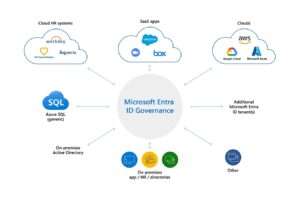Google recently announced that it will no longer cache webpages. This unexpected decision ends a feature that has been part of Google Search for many years. In the past, Google kept copies of webpages it indexed so users could view cached versions if sites were unavailable. However, Google now believes this is an outdated practice that is no longer worth the cost or effort.
Why Did Google Stop Caching Pages?
There are a few key reasons behind Google’s choice:
- Caching webpages has become incredibly expensive as the volume of sites continues growing exponentially.
- Websites rarely have extended downtime anymore thanks to improved infrastructure and hosting reliability.
- Google likely sees little SEO value in maintaining caches anymore as sites do a better job with uptime.
Essentially, Google feels that websites no longer need the backup cached versions given how rarely sites now struggle with reliability. The costs involved make maintaining caches unjustifiable.
Concerns Around Losing Cached Pages
While Google’s decision is understandable, losing cached versions does raise some concerns:
- Inability to access outdated pages: Users can no longer see cached snapshots of deleted or outdated pages for research purposes.
- Increased content removal power: Website owners now have more control over erasing content from the internet with no cached backups.
- Harder to observe historical changes: Researchers could previously analyze how sites evolved over time via caches.
- Archival challenges: Organizations like the Internet Archive will struggle to preserve historical site iterations without caches.
These downsides highlight why some view Google’s choice as shortsighted. While site reliability is undoubtedly improved, eliminating caches reduces transparency and access to our internet history.
The Future of Web Archives
Google stopping web caching marks a pivotal point for online archiving. Going forward, organizations like the Internet Archive face heightened challenges preserving sites for posterity without search engine caches.
It’s possible new archival solutions and protocols may emerge to fill this void. But only time will tell how losing cached versions ultimately impacts studying internet history.
One thing is clear – we’re entering a new era for web transparency and access. Google’s decision illustrates the control tech giants have over what internet content gets preserved. Let’s hope innovative archival approaches can help offset the loss of search engine caches.
















Add Comment